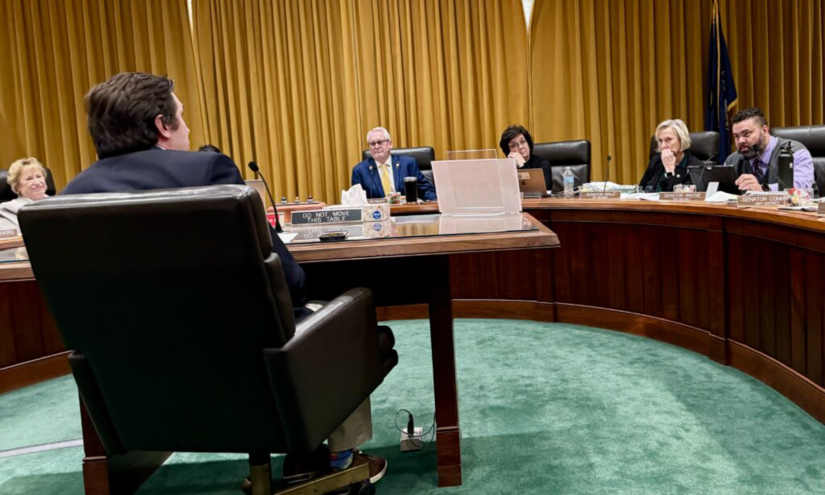During this summer, a team of students from MIT embarked on a journey to the sou …
Proposed Bill to Initiate Nebraska K-12 Voucher Program Offering Annual $1,500 Grants
Jennifer Livingstone

Nebraska’s school choice battle may soon enter a new phase with State Sen. Ben Hansen of Blair proposing a plan that would allocate $1,500 per student per year into a state-managed savings account for parents of private K-12 school students. Hansen’s aim, inspired by national school choice advocates, is to prioritize funding for students over funding for systems. Similar programs have been implemented in other states like Iowa and Arizona to provide financial assistance for private school expenses. Hansen emphasized that parents, not the government, are the primary educators of their children, and that the government’s role should be to support parents in this responsibility.
The proposed Legislative Bill 1386 would allow the funds to be used for private school tuition, textbooks, school supplies, therapies, books, and academic materials approved by the Nebraska Board of Education. The educational savings accounts would be available for approved or accredited private K-12 schools starting in the 2025-26 academic year. These accounts would be overseen by the Nebraska State Treasurer’s Office, but they would not offer any tax advantages compared to the tax-free 529 college savings plans currently managed by the Treasurer’s Office. Instead, the accounts would serve as pass-throughs for state appropriations into a school choice fund that would be established, invested, and managed by the state.
In support of the voucher program, a father from the Fremont area shared his difficulties in getting a public school to accept his daughter, who has moderate hearing loss, due to her individualized education program. He and others believe that the voucher program would make private school more affordable for families facing similar challenges.
However, opponents of the bill argued that public funds should be allocated to public schools. They pointed to Article VII, Section 11 of the Nebraska Constitution which states that public funds or property should not be granted to any educational institution that is not owned and controlled by the state or a governmental subdivision.
Concerns and Responses
The fiscal note for LB 1386 estimated that if 80% of Nebraska’s 33,611 private school students applied for the funds, it could cost the state $40 million. Additionally, the State Treasurer’s Office would require $300,000 for administering the accounts, including the costs of an auditor to ensure proper usage of the funds.
Critics of the voucher program raised concerns about public funds being directed towards private schools and cited the case of the Opportunity Scholarship Act, which sparked similar concerns in the past. However, Hansen and State Sen. Lou Ann Linehan of Omaha disagreed, pointing out that the U.S. Supreme Court has ruled three times that state funds can be used in this manner. They clarified that the state would be providing tax dollars to parents, not directly funding private schools.
When deciding on the initial amount of $1,500 per year, Hansen considered the baseline level of state aid per public school student that was funded by the state legislators last year. In contrast, Iowa increased its student savings account for private school students to match the full cost of state aid per K-12 student, which is $7,598 per year.
Opponents also argued that voucher programs tend to benefit students who are already attending private schools rather than creating opportunities for new students from public schools who cannot afford private education. They cited examples from other states where private school tuition rates increased significantly once state support grew. However, critics claim that such funding reductions have negative consequences for public school students and districts, leaving them in a worse condition.
Debate and Public Opinion
During the hearing, State Sen. Justin Wayne of Omaha, a proponent of school choice, questioned the inconsistency of subsidizing private preschool education and private higher education but not K-12 education. Wayne sought an explanation from opponents, who hesitated to respond initially.
The Holland Children’s Movement presented data from its 2023 poll, which showed that over 60% of Nebraskans opposed using public funds to subsidize private schools. In contrast, committee chairman Dave Murman and State Sen. Lou Ann Linehan mentioned polls indicating broad statewide support for school choice programs, emphasizing that the framing of the question can significantly impact the response.
Hansen anticipates the bill to be introduced on the legislative floor during this session. Opponents, including the Nebraska State Education Association (NSEA), have expressed their readiness to challenge the proposed legislation.

